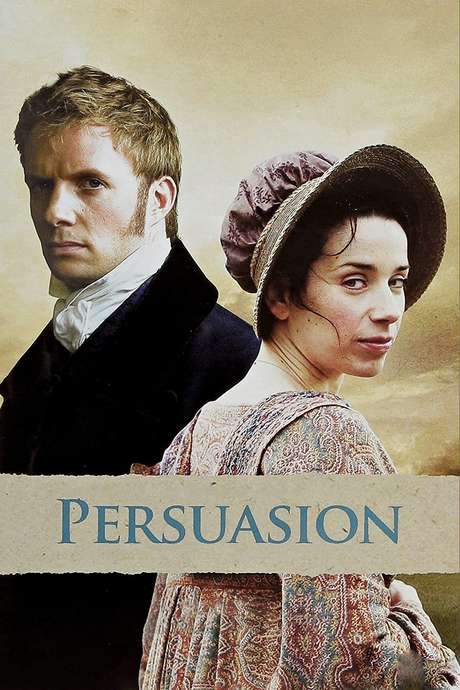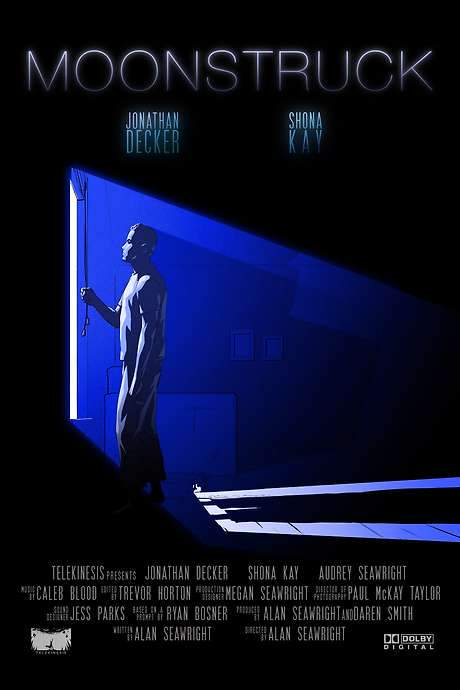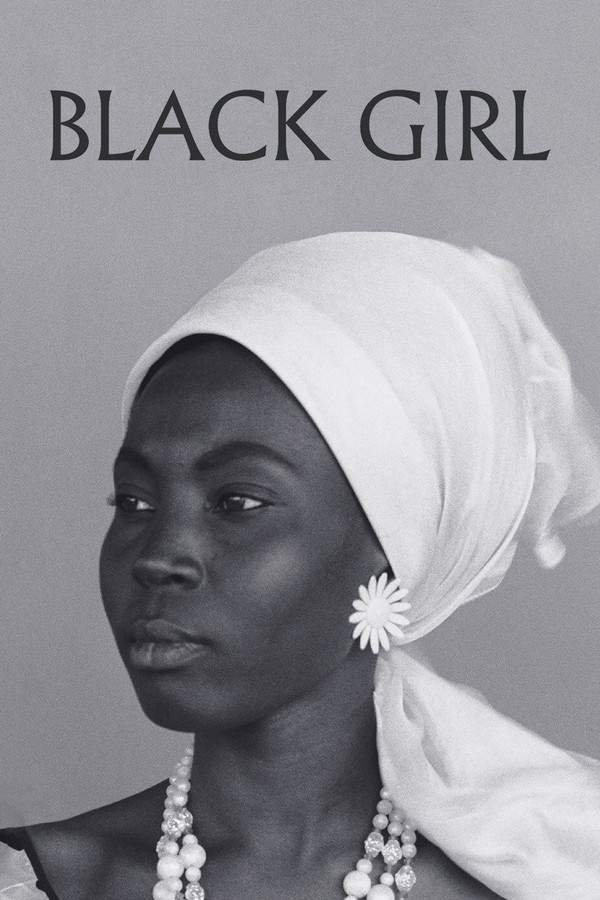
Black Girl
Year: 1972
Runtime: 97 mins
Language: English
Director: Ossie Davis
She’s got to cut it… or cut out. An aspiring dancer and her two wicked sisters resent their mother’s love for a foster daughter.
Warning: spoilers below!
Haven’t seen Black Girl yet? This summary contains major spoilers. Bookmark the page, watch the movie, and come back for the full breakdown. If you're ready, scroll on and relive the story!
Black Girl (1972) – Full Plot Summary & Ending Explained
Read the complete plot breakdown of Black Girl (1972), including all key story events, major twists, and the ending explained in detail. Discover what really happened—and what it all means.
Billie Jean, the youngest of three half-sisters, grows up under the care of her mother, Mama Rosie Louise Stubbs, and her grandmother Mu’ Dear Claudia McNeil. She harbors a strong, enduring dream of becoming a dancer, a passion that she pursues with quiet determination, even as the adults around her dismiss her efforts with sharp words. The family’s narrow expectations loom large, and Billie Jean often feels overlooked, teased, or belittled by those closest to her.
When Netta [Leslie Uggams] returns from college to visit for Mother’s Day, the mood in the family shifts. Norma Faye Gloria Edwards and Ruth Ann Rhetta Greene grow resentful of the extra attention Mama Rosie gives to Netta, sensing an opportunity to critique the dynamics that have long kept Billie Jean in her place. The sisters conspire to sow doubt in Billie Jean, even suggesting that Netta might move back in and push Billie Jean out of her room once she graduates. Yet Netta herself remains steady and encouraging, determined to rise above their sniping and to support Billie Jean’s ambitions. She makes a clear, hopeful plan: Billie Jean should finish high school and apply to college, opening doors to a future that feels truly hers.
Amid these delicate family negotiations, Earl [Brock Peters] returns to town, hoping to rekindle something with Mama Rosie. His visit becomes a flashpoint, as he proposes a practical but troubling path for Billie Jean—dancing in a Detroit bar—as a way to “make it.” M’Dear’s live-in boyfriend, Herbert [Kent Martin], objects to the coarse language and the vulgar chatter that accompany Earl’s suggestion, underscoring a chorus of voices within the home that resist Billie Jean’s chosen path. Rosie, however, is torn between old attachments and the possibility of a different life for her daughter, and she ultimately rejects Earl’s offer to move to Detroit, choosing to stay rather than to abandon the family’s roots.
Back at home, the emotional stakes deepen as Rosie and her mother confront the old wounds that Earl’s visit has reopened. The tension among the sisters intensifies: Norma Faye and Ruth Ann, emboldened by their resentment, physically restrain Billie Jean, insisting that she belongs on a different track—potentially in reform school—rather than pursuing her own dream. In this moment, Mu’ Dear steps in with a quiet, guiding steadiness, reminding Rosie of her own past dreams and urging her to allow Billie Jean to pursue her goals without interference.
In the end, Billie Jean stands at the threshold of a new chapter. With resolve tempered by the support she has finally started to receive, she leaves home to attend college, stepping away from the grim predictions of envy and limitation that haunted her earlier days. Her departure is charged with both relief and courage, signaling a hopeful turning point for a young woman determined to shape her own future, even as the family grapples with the complex mix of pride, regret, and possibility that accompanies such a choice.
Last Updated: October 09, 2025 at 11:24
Explore Movie Threads
Discover curated groups of movies connected by mood, themes, and story style. Browse collections built around emotion, atmosphere, and narrative focus to easily find films that match what you feel like watching right now.
Resilient journeys against familial pressure like in Black Girl
Stories of quiet strength to break free from a stifling home and define one's own future.If you liked the story of quiet resilience in Black Girl, you'll find similar movies here. These films follow characters fighting for independence against family expectations, featuring steady pacing, medium emotional weight, and ultimately hopeful conclusions. They explore themes of self-determination and breaking cycles in character-driven dramas.
Narrative Summary
These narratives often follow a young protagonist, typically a female, who endures emotional pressure or neglect from within their own family. The plot is driven by interpersonal conflict rather than external events, building towards a climax where the protagonist makes a decisive choice to leave or change their circumstances, supported by a key mentor or their own burgeoning strength.
Why These Movies?
Movies are grouped here because they share a core emotional journey of overcoming a suffocating home environment. They balance melancholic or oppressive moods with a resilient, hopeful tone, creating a specific and compelling emotional mix focused on personal liberation.
Hopeful domestic dramas with steady pacing like Black Girl
Emotionally resonant stories set within homes, where character growth triumphs over conflict.Find movies like Black Girl that explore family life with emotional depth and a steady pace. These hopeful dramas are set within homes and focus on interpersonal conflicts, featuring medium complexity and a resilient, uplifting tone. If you appreciated the mix of family tension and hopeful resolution, explore this thread.
Narrative Summary
The narrative pattern involves a confined setting, usually a family home, where long-simmering tensions and rivalries come to a head. The story is propelled by dialogue and subtle character interactions rather than action. The resolution often involves a reconciliation, an escape, or a newfound understanding that provides a sense of closure and optimism without dismissing the pain of the journey.
Why These Movies?
These films are unified by their specific combination of setting (domestic), pacing (steady), and tone (hopeful). They offer a reflective, emotionally engaging experience that feels true to life, finding light and growth within the challenging confines of family relationships.
Unlock the Full Story of Black Girl
Don't stop at just watching — explore Black Girl in full detail. From the complete plot summary and scene-by-scene timeline to character breakdowns, thematic analysis, and a deep dive into the ending — every page helps you truly understand what Black Girl is all about. Plus, discover what's next after the movie.
Black Girl Timeline
Track the full timeline of Black Girl with every major event arranged chronologically. Perfect for decoding non-linear storytelling, flashbacks, or parallel narratives with a clear scene-by-scene breakdown.

Characters, Settings & Themes in Black Girl
Discover the characters, locations, and core themes that shape Black Girl. Get insights into symbolic elements, setting significance, and deeper narrative meaning — ideal for thematic analysis and movie breakdowns.

Black Girl Spoiler-Free Summary
Get a quick, spoiler-free overview of Black Girl that covers the main plot points and key details without revealing any major twists or spoilers. Perfect for those who want to know what to expect before diving in.

More About Black Girl
Visit What's After the Movie to explore more about Black Girl: box office results, cast and crew info, production details, post-credit scenes, and external links — all in one place for movie fans and researchers.

Similar Movies to Black Girl
Discover movies like Black Girl that share similar genres, themes, and storytelling elements. Whether you’re drawn to the atmosphere, character arcs, or plot structure, these curated recommendations will help you explore more films you’ll love.
Explore More About Movie Black Girl
Black Girl (1972) Scene-by-Scene Movie Timeline
Black Girl (1972) Movie Characters, Themes & Settings
Black Girl (1972) Spoiler-Free Summary & Key Flow
Movies Like Black Girl – Similar Titles You’ll Enjoy
Black Girl (1966) (1969) Movie Recap & Themes
Black Nativity (2013) Spoiler-Packed Plot Recap
Black or White (2015) Ending Explained & Film Insights
From Black (2023) Full Summary & Key Details
Black Mama White Mama (1973) Movie Recap & Themes
Black (1000) Film Overview & Timeline
My Little Girl (1986) Full Movie Breakdown
Black Belts (2023) Complete Plot Breakdown
Black Girl (1966) Full Movie Breakdown
Little Black Angels (1970) Movie Recap & Themes
Black Field (2009) Complete Plot Breakdown
The Girl (1968) Spoiler-Packed Plot Recap
Black Starlet (1974) Ending Explained & Film Insights
Black Girl Missing (2023) Film Overview & Timeline
Rebellious Daughters (1938) Movie Recap & Themes









































